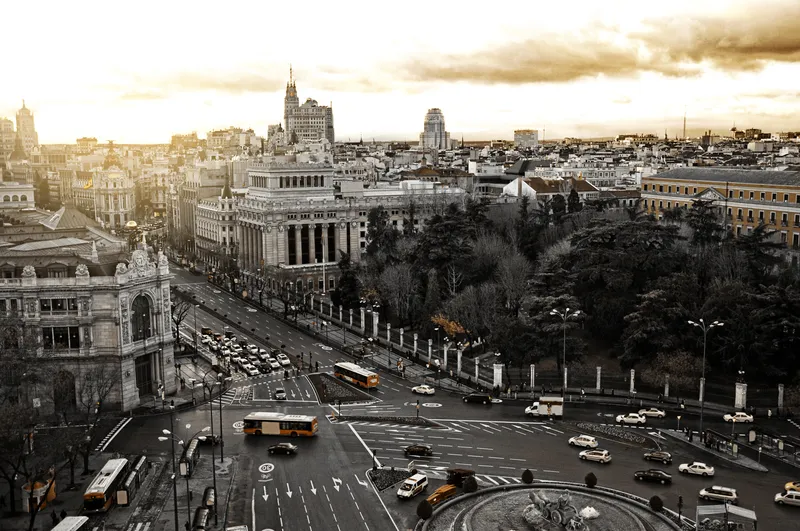Amsterdam’s authorities have announced that most municipality vehicles must be zero-emission by 2025 - followed by all other vehicles in the city 2030.
The Dutch city says the municipality owns around 1,500 vehicles, which account for around 4% of all road traffic emissions in Amsterdam.
As part of the plan, the city will aim to convert all its cars and small cars and delivery vans to zero-emission as early as 2022. Street-sweeping and cleaning trucks and other medium-sized vehicles will follow in 2025.
The city intends to use biofuels wherever possible during the transition to zero-emission transport, which it claims is already saving more than five kilotonnes of carbon dioxide.
Plans will be revised if a hydrogen-based or electric application proves to be developing more rapidly than expected, the city adds.
Amsterdam’s municipal fleet ‘zero-emission by 2025’
Amsterdam’s authorities have announced that most municipality vehicles must be zero-emission by 2025 - followed by all other vehicles in the city 2030.
The Dutch city says the municipality owns around 1,500 vehicles, which account for around 4% of all road traffic emissions in Amsterdam.
As part of the plan, the city will aim to convert all its cars and small cars and delivery vans to zero-emission as early as 2022. Street-sweeping and cleaning trucks and other medium-sized vehicles will follow in 202
October 16, 2019
Read time: 1 min









